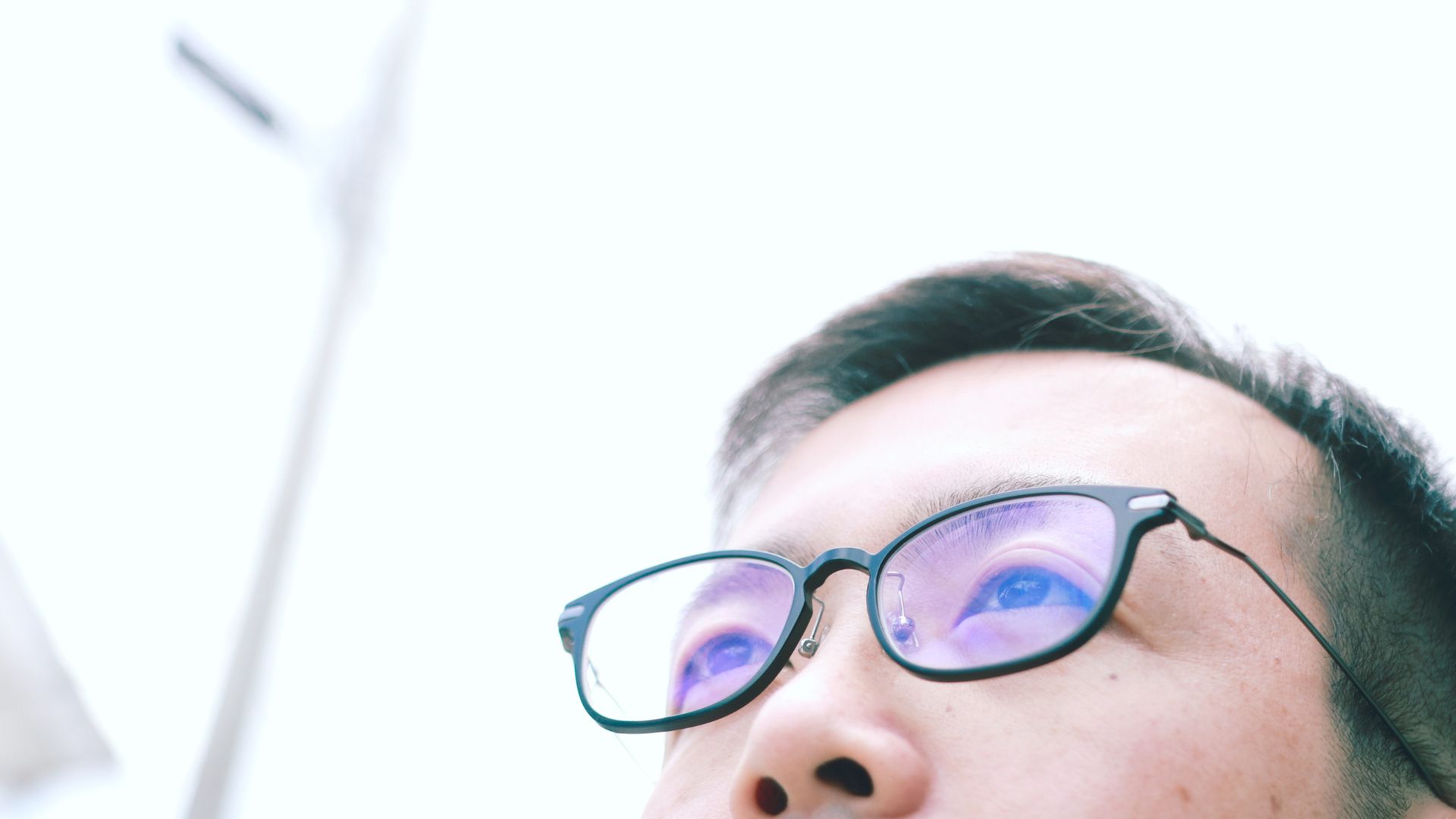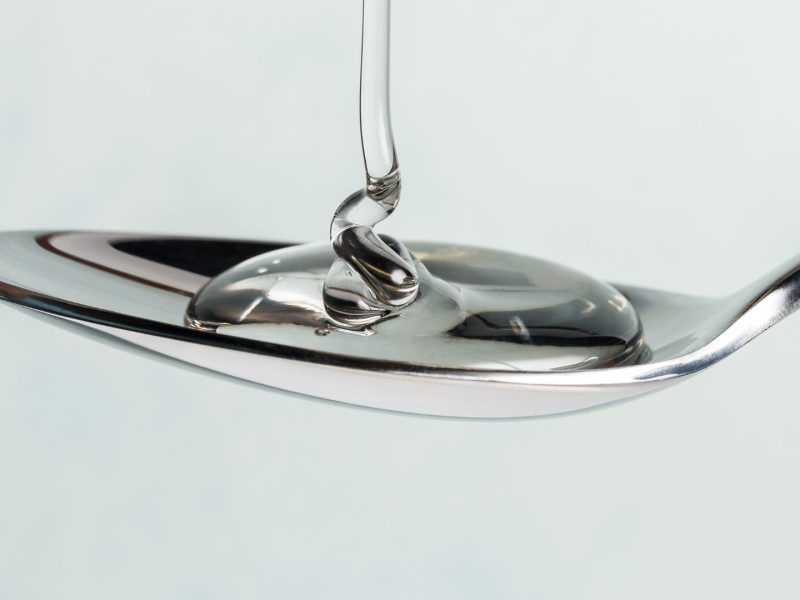With the rise of digital screens in our daily lives, many people are concerned about the effects of blue light on eye health. This has led to the increasing popularity of blue cut glasses, which claim to reduce eye strain, improve sleep, and protect against harmful blue light exposure. But do they really work, or are they just another marketing gimmick? Let’s dive into the facts.
What is Blue Light and Why Should You Care?
Blue light is a high-energy, short-wavelength light emitted by digital screens, LED lights, and even the sun. While exposure to natural blue light is beneficial for regulating sleep-wake cycles, excessive screen time has raised concerns about its potential impact on eye strain, sleep quality, and long-term vision health.
How Do Blue Cut Glasses Work?
Blue cut glasses are designed with special lenses that filter out a portion of blue light from reaching your eyes. Some claim to:
- Reduce digital eye strain – by decreasing screen glare and enhancing visual comfort.
- Improve sleep quality – by blocking blue light that disrupts melatonin production.
- Protect against retinal damage – by limiting prolonged exposure to high-intensity blue light.
Scientific Evidence: Are They Effective?
The effectiveness of blue cut glasses is still a topic of debate among eye health experts. Here’s what current research suggests:
- Reducing Eye Strain: Some studies indicate that blue light glasses can help minimize digital eye strain. However, the American Academy of Ophthalmology (AAO) states that digital eye strain is mainly caused by prolonged screen time and reduced blinking rather than blue light itself.
- Sleep Improvement: Blue light does suppress melatonin, which can disrupt sleep patterns. Research suggests that wearing blue light-blocking glasses in the evening may improve sleep quality by maintaining natural circadian rhythms.
- Long-Term Eye Health: While excessive exposure to blue light may contribute to retinal damage, there is currently no conclusive evidence that blue cut glasses can prevent macular degeneration or other serious eye conditions.
Who Should Consider Using Blue Cut Glasses?
If you spend long hours in front of screens, you might benefit from blue cut glasses, especially if you experience:
- Frequent eye strain or discomfort
- Difficulty falling asleep after nighttime screen use
- Sensitivity to bright light or screen glare
However, if your main concern is eye fatigue, you may find greater relief by following the 20-20-20 rule (looking away from screens every 20 minutes for 20 seconds at something 20 feet away), adjusting screen brightness, and staying hydrated.
Are Blue Cut Glasses a Gimmick?
While blue cut glasses are not a miracle solution, they can be helpful for certain individuals. If you struggle with sleep issues due to nighttime screen exposure, or if you experience frequent digital eye strain, they might be worth a try. However, they are not an absolute necessity, and practicing good screen habits is equally important for eye health.
Final Thoughts
Blue cut glasses are not a complete gimmick, but they are also not a one-size-fits-all solution. If you feel your eyes getting tired from excessive screen time, try a combination of screen breaks, proper lighting, and blue light glasses to see what works best for you.
Have you tried blue cut glasses? Share your experience or ask any questions below!



